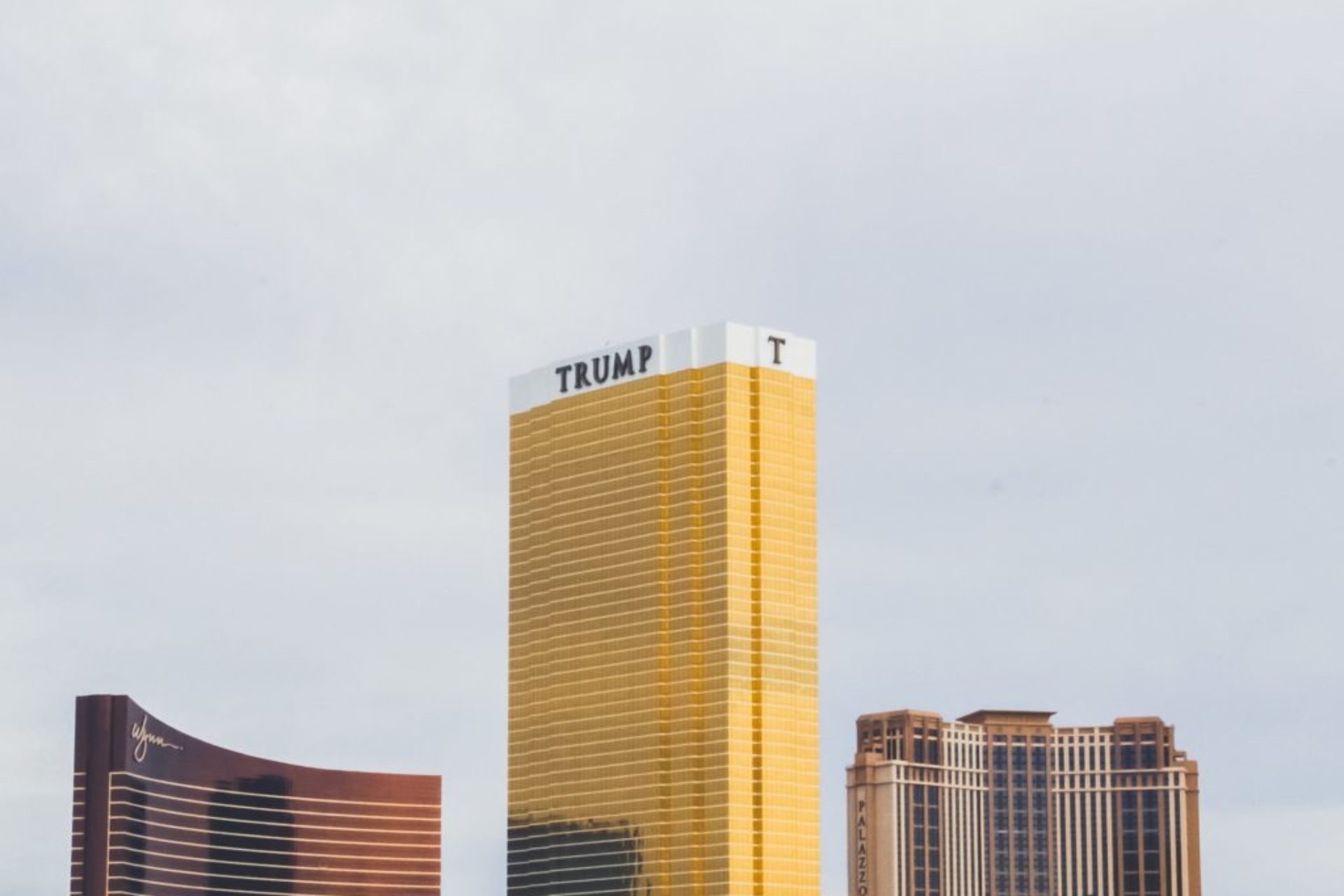Trump, Trudeau, and Third-Party Canada: The Effects of the 2016 Election on Canadian Libertarianism
Like most of the western world, Canada has felt the reverberation of the election of Donald Trump. It’s no secret that Trump has had his fair share to say regarding international relations – including assigning 24% import duties to Canadian timber imports in April (CFR). Whilst pursuing the termination of the North American Free Trade Agreement, largely via Twitter, the US president has been thwarted repeatedly by Canadian officials, such as Quebec Premier Phillippe Couillard.
Despite the ever-increasing tension between the right and left, both in Canada and the United States, the Libertarian Party has begun to gain a larger audience. While still not quite as successful as the American equivalent of the party, which saw Gary Johnson take almost 5,000 votes, Canadian Libertarianism is slowly but surely taking hold (USDE). While Johnson’s election turnout may seem small, it is a marked advancement based on earlier elections. Regardless of the issues, a space for Libertarian discourse has clearly opened up over the past few years. Between 2011 and 2015, the number of Libertarians who ran for office skyrocketed from 23 to 72, a major leap in light of the lull in party popularity since 1997. Additionally, and perhaps even more importantly, libertarian candidates received 37,407 in 2015, up from 2011’s 6,017 (Elections Canada). Clearly, more and more citizens are finding that their ideologies do not necessarily conform to the Conservative not the Liberal platform, particularly the younger generations.
Considering the rapid development of this middle-of-the-road school of thought, conversations between people with radically different opinions have become more and more common. The election of Donald Trump has proliferated such political stalemates, and extremism seems to have become the norm. In 2015, current parliamentary representative Ron Liepert took approximately 60% of the vote on the Conservative ticket, defeating leader of the Libertarian Party of Canada, Tim Moen (EC). Still, current Prime Minister Justin Trudeau of the Liberal party is presently in office. The balance of power is arguably more secure in Canada than its southern neighbor. Regardless, Donald Trump is a controversial figurehead. Canadian and US politics and trade are inevitably bound: Canada is the second largest goods trading partner to the United States, with a $544.0 billion (two-way) goods trade in 2016 (USTR). Considering the closeness of this international relationship, the rise of the United States Conservative party caused by the 2016 election has had and will continue to have an effect on Canada and the ideologies of its peoples. Donald Trump’s open criticism of Canada’s role in the NAFTA agreement, in conjunction with Trudeau’s condemnation of the “racist violence” occurring in the United States, could continue to lead to larger disputes between the nations (Newsweek). Could this friction lead more disenfranchised voters to the Libertarian Party of Canada?
In 2017, months after the election of Donald Trump, US Governor John Kasich expressed his opinion that “the political parties are disintegrating” on NBC’s Meet the Press. “I think more and more people across this country see no purpose for political parties. There are more and more Independents because of the squabbling” (NBC). It could be argued that the major rift in the United States voting public caused by the election of Donald Trump could influence the structure of two-party systems internationally, including that of Canada.
The campaign recently conducted by Maxime Bernier, a self-identified libertarian with conservative leanings, reflects the aforementioned disenfranchisement felt by American voters as mirrored in Canada. Bernier lost to Andrew Scheer by a slim 49%-51% margin. The race was tighter than it has been in a long time: despite differences in political positions, Scheer was victorious in his “less polarizing” campaign (The Liberty Conservative). The rise of extremist politics in the United States has reverberated through North America, leaving an increasing number of voters searching for a middle ground, not wanting to identify with the conservative nor democratic schools of thought. Indeed, Bernier received a great deal of support, including the endorsement of former-competitor for the leadership position, Kevin O’Leary (The Globe and Mail). Some of Bernier’s positions actually line up with those of the Trump administration: is the conservative stronghold on the United States giving more Canadian conservatives a voice? If so, tensions between the party and the liberal Trudeau administration could be mounting as well.
In light of the obvious friction between these two parties in the US, third-party Canadian voters have begun to band together in favor of alternative options. In fact, according to Elections Canada, third-parties spent over $6 million dollars to influence the 2015 Canadian election. This is undoubtedly a startling change: clearly, the impact of bipartisan politics and the tension generated by the election of Donald Trump is causing Canadian voters to search for another answer. In the words of HuffPost’s Colin Walmsley, “Unfortunately, like the Republicans and Democrats in the United States, Canada’s major political parties have started to lose their ideological core.” This creates a space for innovative and progressive discourse, and perhaps the ultimate destabilization of the two-party system in Canada. Walmsley goes on to assert, “This ideological bankruptcy opens up opportunities for demagogues whose views would ordinarily be confined to the fringes of political discourse.” Libertarianism is rapidly becoming more accepted as a legitimate political movement rather than an outlying and unimposing ideology. Time will tell whether the Trump era, which has truly only just begun, will contribute to a new space for libertarianism in Canada.

